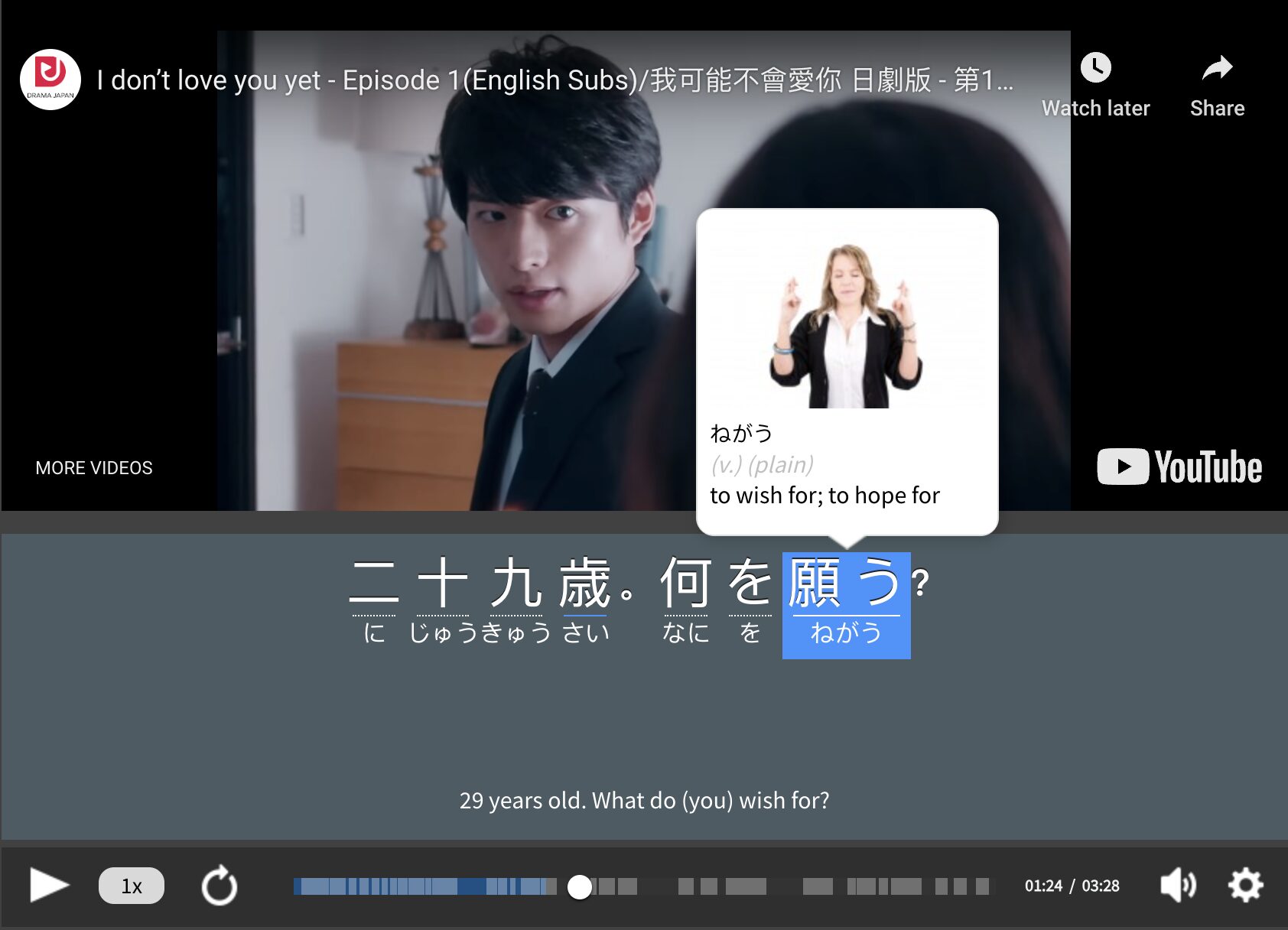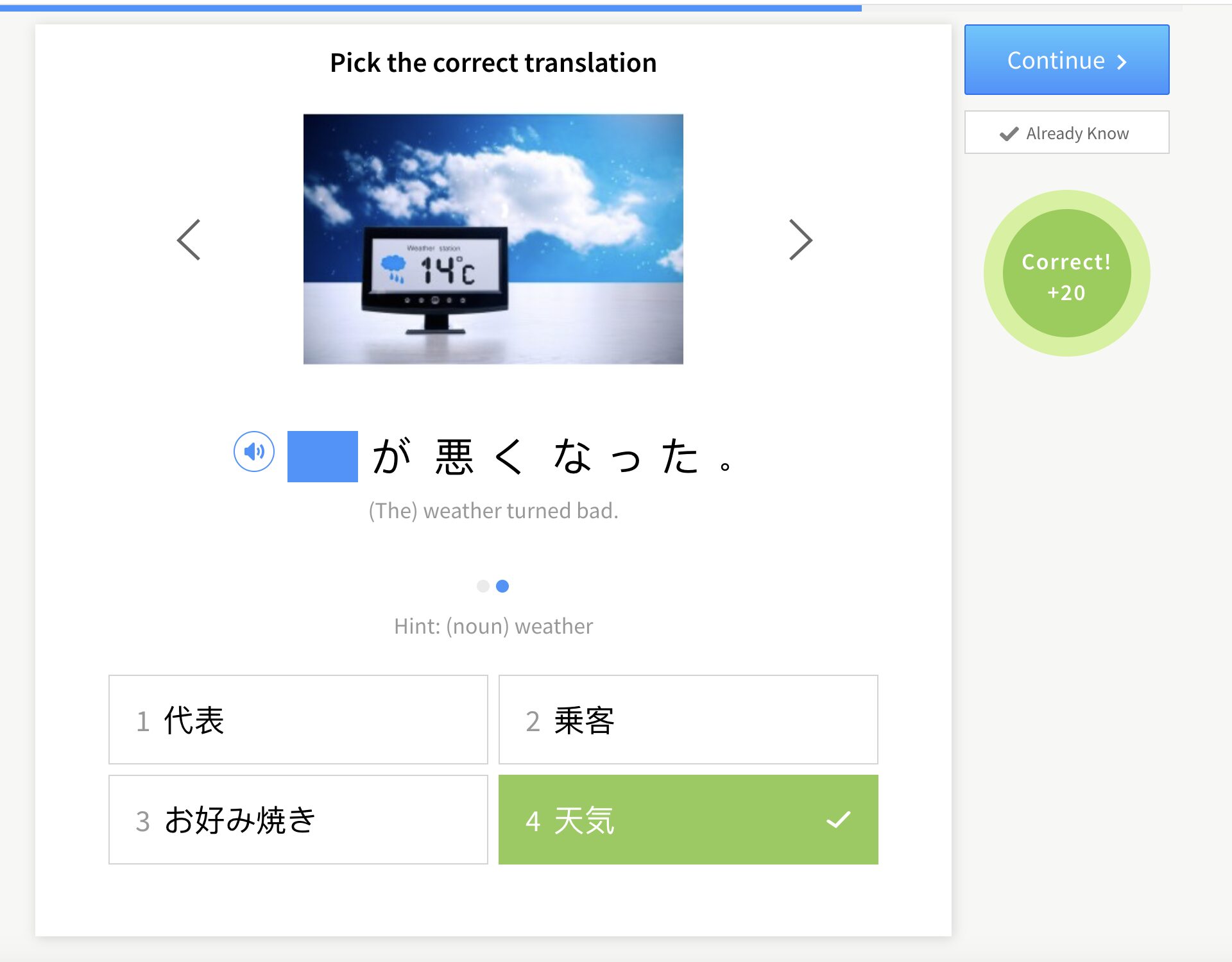72 Hobbies in Japanese and How to Discuss Them

What do you like to do in your spare time? Are you a sports enthusiast, a creative crafty soul or someone with a wide range of interests?
Whatever you’re into, this blog post will help you learn how to talk about hobbies in Japanese. From essential sentence structures to key vocabulary, we’ll teach you how to talk about all your creative pursuits.
Download: This blog post is available as a convenient and portable PDF that you can take anywhere. Click here to get a copy. (Download)
Common Hobbies in Japanese
The Japanese word for “hobby” is 趣味 (shumi). Here are some popular hobbies and how to say them in Japanese.
Sports and Outdoor Hobbies
| English | Japanese | Romaji |
|---|---|---|
| Archery | 弓道 | Kyūdō |
| Astronomy | 天文学 | Tenmongaku |
| Backpacking | バックパッキング | Bakkupakkingu |
| Basketball | バスケットボール | Basuketto Bōru |
| Birdwatching | バードウォッチング | Bādowatchingu |
| Bowling | ボウリング | Bōringu |
| Camping | キャンプ | Kyanpu |
| Cave exploration | 洞窟探検 | Dōkutsu Tanken |
| Fencing | フェンシング | Fenshingu |
| Fishing | 釣り | Tsuri |
| Foodball | フットボール | Futtobōru |
| Golf | ゴルフ | Gorufu |
| Hiking | ハイキング | Haikingu |
| Horseback riding | 乗馬 | Jōba |
| Ice skating | アイススケート | Aisu Sukēto |
| Martial arts | 武道 | Budō |
| Meditation | 瞑想 | Meisō |
| Parkour | パルクール | Parukūru |
| Rock climbing | ロッククライミング | Rokkukuraimingu |
| Rollerblading | ローラーブレーディング | Rōrāburēdingu |
| SCUBA diving | スキューバダイビング | Sukyūba Daibingu |
| Sightseeing | 観光 | Kankō |
| Skateboarding | スケートボード | Sukētobōdo |
| Snorkeling | シュノーケリング | Shunōkeringu |
| Soccer | サッカー | Sakkā |
| Swimming | 水泳 | Suiei |
| Tennis | テニス | Tenisu |
| Traveling | 旅行 | Ryokō |
| Urban exploration | 探検 | Tanken |
| Volleyball | バレーボール | Barēbōru |
| Walking | 散歩 | Sanpo |
| Weightlifting | ウエイトリフティング | Ueitorifutingu |
| Yoga | ヨガ | Yoga |
Creative and Crafty Hobbies
| English | Japanese | Romaji |
|---|---|---|
| Acting | 演技 | Engi |
| Blogging | ブログ | Burogu |
| Calligraphy | 書道 | Shodō |
| Candle making | キャンドル作り | Kyandoru zukuri |
| Crocheting | かぎ針編み | Kagibariami |
| Dancing | ダンス | Dansu |
| Drawing | 描画 | Byoga |
| Film-making | 映画製作 | Eiga Seisaku |
| Karaoke | カラオケ | Karaoke |
| Knitting | 編み物 | Amimono |
| Metalworking | 金属加工 | Kinzoku Kakō |
| Mode building | 模型の構築 | Mokei no Kochiku |
| Origami | 折り紙 | Origami |
| Painting | 絵画 | Kaiga |
| Photography | 写真撮影 | Shashin Satsuei |
| Podcasting | ポッドキャスト | Podokyasuto |
| Pottery making | 陶芸 | Tōgei |
| Puzzle solving | 謎解き | Nazotoki |
| Sculpting | 彫刻 | Chōkoku |
| Sewing | 縫製 | Hōsei |
| Singing | 歌唱 | Kashō |
| Soap making | 石鹸作り | Sekken Tsukuri |
| Theater | 演劇 | Engeki |
| Playing musical instruments | 楽器演奏 | Gakki Ensō |
| Woodworking | 木工 | Mokkō |
| Writing | 執筆 | Shippitsu |
Other Hobbies
| English | Japanese | Romaji |
|---|---|---|
| Beer brewing | ビール醸造 | Bīru Jōzō |
| Board gaming | ボードゲーム | Bōdo Gēmu |
| Cosplay | コスプレ | Kosupure |
| Reading | 読書 | Dokusho |
| E-sports | Eスポーツ | Ī Supōtsu |
| Juggling | ジャグリング | Jaguringu |
| Volunteering | ボランティア | Borantia |
| Collecting (coins, stamps,etc.) | 収集 | Shūshū |
| Cooking | 料理 | Ryōri |
| Historical reenactments | 歴史の再現 | Rekishi no Saigen |
| Baking | ベーキング | Bēkingu |
| Video gaming | ビデオゲーム | Bideo Gēmu |
| Model railroading | 鉄道模型 | Tetsudō Mokei |
How to Talk About Hobbies in Japanese
Here’s everything you need to know about how to talk about your hobbies:
Sentence structures for discussing hobbies
In Japanese, you can express your hobbies using two primary sentence structures:
趣味は + [Hobby] です。 (Shumi wa [Hobby] desu.) — [Hobby] is my hobby.
This structure directly connects the word 趣味 (shumi) to the specific hobby using the particle は (wa).
[Hobby] をするのが趣味です。 ([Hobby] o suru no ga shumi desu.) — I enjoy doing [hobby].
This structure emphasizes the action of doing the hobby by using the verb-noun form をする (o suru), followed by the particle のが (no ga), which links the action to the noun 趣味 (shumi).
Using こと and の to discuss hobbies
In Japanese, both こと (koto) and の (no) are commonly used to discuss hobbies, but they are employed in slightly different contexts.
こと is often used to express abstract actions or activities. It transforms a verb into a noun, indicating that the activity described by the verb is a general concept or idea. Here are some examples:
音楽を聴くことが好きです。 (Ongaku o kiku koto ga suki desu.) — I like listening to music.
読書することが趣味です。 (Dokusho suru koto ga shumi desu.) — Reading is my hobby.
When discussing hobbies, の links the noun representing the activity with the rest of the sentence. It’s particularly useful when the hobby is a concrete noun. Here’s how to use it:
野球の観戦が趣味です。 (Yakyū no kansen ga shumi desu.) — Watching baseball is my hobby.
料理の本を読むのが好きです。 (Ryōri no hon o yomu no ga suki desu.) — I like reading cookbooks.
As a general rule, こと is applied to verbs while の is used for nouns.
How to talk about more than one hobby
To talk about multiple hobbies, you can simply list them using the conjunction “と” (to), meaning “and.” For example:
趣味は読書とサッカーとピアノです。 (Shumi wa dokusho to sakkā to piano desu.) — My hobbies are reading, soccer and playing the piano.
You can also use the たり (tari) form to express a list of activities or hobbies. Here’s how you can apply this structure to your sentence:
趣味は本を読んだり、走ったり、音楽を聞いたりすることです。 (Shumi wa hon o yondari, hashitta ri, ongaku o kiitari suru koto desu.) — My hobbies include things like reading books, running and listening to music.
This form provides a sense of variety, indicating that these activities are just a few examples of the speaker’s hobbies.
How to ask about someone else’s hobbies
To inquire about someone else’s hobbies, you can use the following phrases:
趣味は何ですか? (Shumi wa nan desu ka?) — What is your hobby?
暇な時は何をするの? (Hima na toki wa nani o suru no?) — What do you do in your free time?
何か趣味はありますか? (Nani ka shumi wa arimasu ka?) — Do you have any hobbies?
Vocabulary for Discussing Hobbies
Finally, here are some useful vocabulary words related to discussing hobbies:
- 上手 (jouzu) — skillful, good at
- 得意 (tokui) — specialty, something one is good at
- 好き (suki) — like, enjoy
- 楽しい (tanoshii) —fun, enjoyable
- 興味がある (kyōmi ga aru) — have an interest in
- よくする (yoku suru) — do often, practice frequently
- 続けている (tsuzuketeiru) — have been doing (for a while)
To see this vocabulary used in action, you could check out the language learning program FluentU.
FluentU takes authentic videos—like music videos, movie trailers, news and inspiring talks—and turns them into personalized language learning lessons.
You can try FluentU for free for 2 weeks. Check out the website or download the iOS app or Android app.
P.S. Click here to take advantage of our current sale! (Expires at the end of this month.)

Whether your idea of a nice pastime is heading out into the great wild outdoors or hunkering down in your crafts corner, you now know how to talk about all your hobbies in Japanese.
And One More Thing...
If you're like me and enjoy learning Japanese through movies and other media, you should check out FluentU. With FluentU, you can turn any subtitled content on YouTube or Netflix into an engaging language lesson.
I also love that FluentU has a huge library of videos picked specifically for Japanese learners. No more searching for good content—it's all in one place!

One of my favorite features is the interactive captions. You can tap on any word to see an image, definition, and examples, which makes it so much easier to understand and remember.
And if you're worried about forgetting new words, FluentU has you covered. You'll complete fun exercises to reinforce vocabulary and be reminded when it’s time to review, so you actually retain what you’ve learned.
You can use FluentU on your computer or tablet, or download the app from the App Store or Google Play. Click here to take advantage of our current sale! (Expires at the end of this month.)










